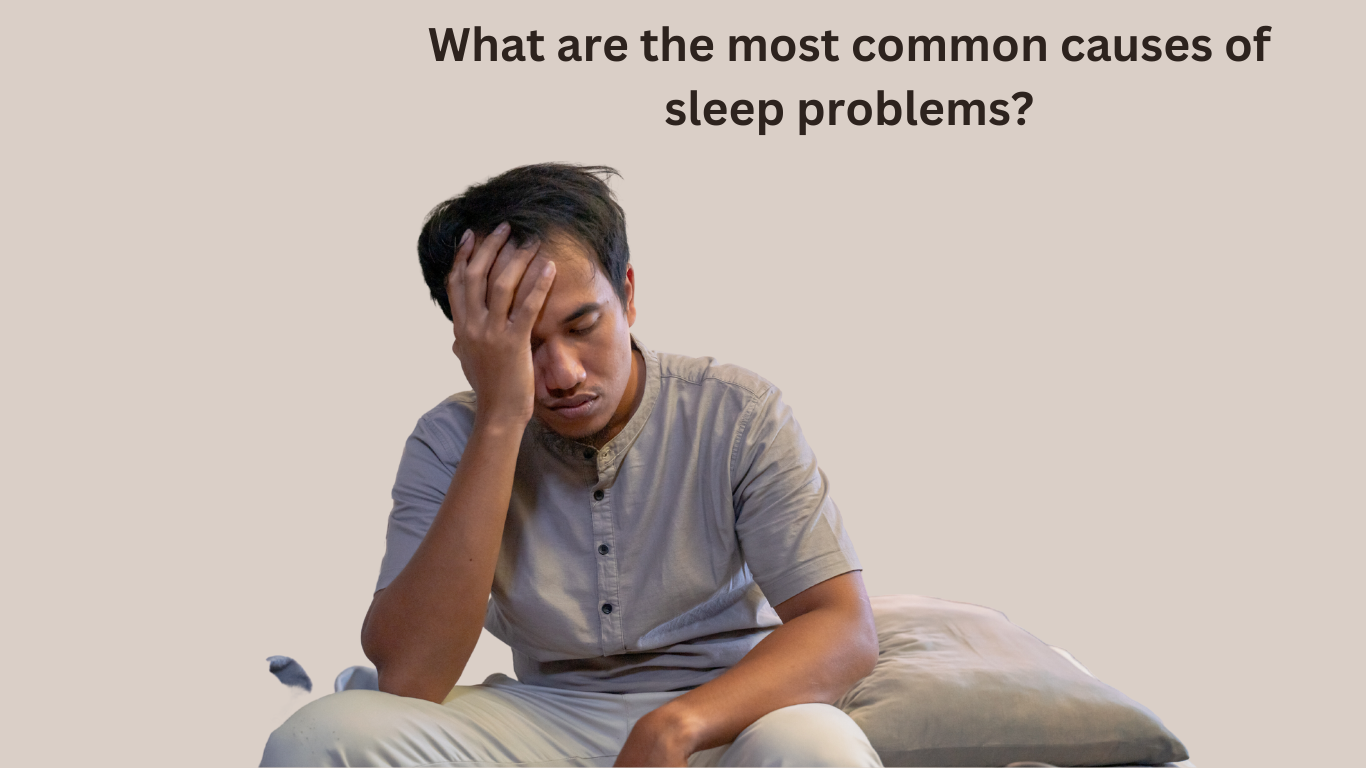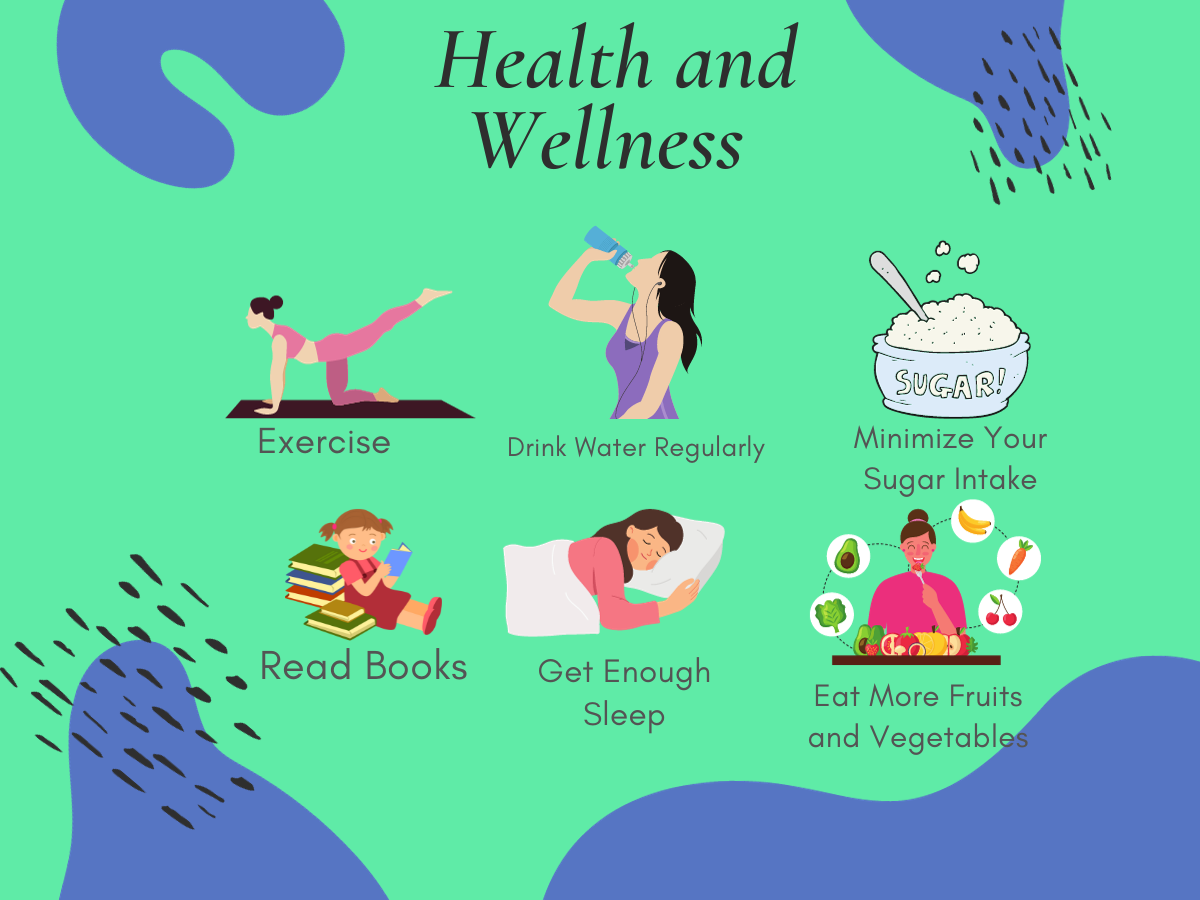What are the most common causes of sleep problems?
Introduction
Sleep problems have become increasingly common in our fast-paced modern society. Many individuals find themselves tossing and turning, unable to achieve a restful night’s sleep. The consequences of sleep problems can be far-reaching, affecting mood, cognitive function, and overall well-being. In this article, we will explore the most common causes of sleep problems and delve into potential solutions to help restore our natural sleep patterns.
I. Stress and Anxiety
One of the leading causes of sleep problems is excessive stress and anxiety. When our minds are burdened with worries and high levels of tension, it becomes challenging to relax and drift into a peaceful slumber. Our bodies may be physically exhausted, but our minds remain awake and alert.
a. Work-related stress: In today’s competitive world, work-related stress has burgeoned, often leading to sleep disturbances. The constant pressure of deadlines, demanding schedules, and the fear of job insecurity create a perfect storm for sleep problems.
b. Personal stressors: Personal problems, such as relationship issues, financial struggles, or family conflicts, can also disrupt our sleep patterns. Our minds are preoccupied with these concerns, making it difficult to find tranquility when we lie down to sleep.
II. Environmental Factors
Our immediate surroundings play a significant role in determining the quality of our sleep. Numerous environmental factors can hinder our ability to fall and stay asleep, leading to sleep problems.
a. Noise pollution: Living in a noisy neighborhood or having a partner who snores loudly can affect our sleep adversely. Unwanted sounds can disrupt our sleep cycles, preventing us from achieving deep, restorative sleep.
b. Temperature and light: Extreme temperature fluctuations, uncomfortable room temperatures, or excessive light exposure can make it challenging to sleep peacefully. Our bodies require a cool and dark environment to promote sound sleep.
III. Poor Sleep Habits: The habits we adopt throughout the day can significantly impact our sleep quality when night falls. Certain behaviors and lifestyle choices may unknowingly contribute to sleep problems.
a. Irregular sleep schedule: Maintaining an irregular sleep schedule can wreak havoc on our natural sleep-wake cycles. Inconsistent bedtimes and waking times confuse our bodies, making it harder to fall asleep and wake up feeling refreshed.
b. Excessive caffeine consumption: The consumption of caffeine-rich beverages, such as coffee and energy drinks, too close to bedtime can interfere with our ability to fall asleep. Stimulants found in these drinks can keep us awake and alert, delaying the onset of sleep.
c. Lack of physical activity: A sedentary lifestyle that lacks regular physical activity can contribute to sleep problems. Engaging in exercise promotes the release of endorphins and helps regulate our sleep patterns.
d. Poor sleep hygiene: Neglecting healthy sleep habits, such as using electronic devices before bed or having an uncomfortable sleep environment, can hinder our ability to achieve restful sleep.
IV. Medical Conditions and Medications:
Underlying medical conditions and certain medications can disrupt our sleep patterns, leading to sleep problems.
a. Sleep apnea: Sleep apnea is a sleep disorder characterized by pauses in breathing during sleep. These pauses can jolt a person awake multiple times throughout the night, causing sleep disturbances and excessive daytime sleepiness.
b. Chronic pain: Conditions such as arthritis or fibromyalgia can cause chronic pain, making it incredibly challenging to achieve a comfortable and restful night’s sleep.
c. Medications: Some medications, such as antidepressants or certain allergy medications, can interfere with our sleep patterns. It is essential to consult with healthcare professionals about potential side effects on sleep before starting any new medication.
Conclusion: Sleep problems have become increasingly prevalent in today’s society, impacting individuals’ overall health and well-being. Recognizing the most common causes of sleep problems is the first step towards finding effective solutions. By addressing stress and anxiety, optimizing our sleep environment, adopting healthy sleep habits, and seeking appropriate medical guidance, we can regain control of our sleep and enjoy the benefits of restorative rest. Prioritizing quality sleep is crucial for a productive and fulfilling life. So, let us take the necessary steps to resolve sleep problems and embark on a journey of rejuvenation and well-restedness.










